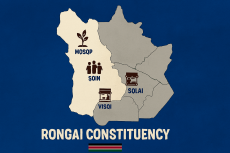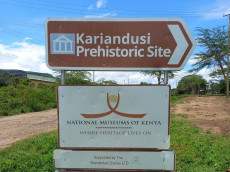- Providing education about PCOS, its causes, symptoms, and management options can empower individuals to take control of their health and make informed decisions.
Being diagnosed with Polycystic Ovary Syndrome (PCOS) at a young age has led me to recognize the significance of encouraging women to embrace PCOS and adopt a healthy lifestyle.
PCOS, a common hormonal disorder, can have various health implications. By promoting self-acceptance and educating women about the condition, we can empower them to make informed choices and effectively manage PCOS.
Living with PCOS has had a significant impact on my mental health due to the prevalence of various myths associated with the syndrome.
One common myth is that PCOS only affects the ovaries, which is untrue. PCOS is a complex hormonal disorder that can have systemic effects on the body, including metabolism and cardiovascular health.
Additionally, the belief that all women with PCOS are overweight is false. PCOS can affect women of all body types, and not all individuals with PCOS are overweight. These myths and misconceptions can lower self-esteem and make individuals feel less human.
Read More
It is crucial to combat these myths by promoting awareness and providing accurate information about PCOS, ensuring that those with the condition receive the support and care they need.
Throughout my journey with PCOS, I have come to realize the importance of maintaining a healthy lifestyle, including regular exercise and a balanced diet, for managing PCOS symptoms and improving overall well-being.
Empowering women with information and support to make these lifestyle changes can improve health outcomes. It is essential to approach this topic with sensitivity and provide a supportive environment for those living with PCOS to make positive changes in their lives.
One of the critical aspects of empowering women with PCOS is promoting self-acceptance. By embracing their diagnosis and understanding that PCOS does not define their worth, women can embark on a journey of self-care and self-love.
Providing education about PCOS, its causes, symptoms, and management options can empower individuals to take control of their health and make informed decisions.
Support groups, online communities, and healthcare professionals provide the necessary guidance and encouragement.


-1770826318-md.jpg)



-1770803686-md.png)

-1770826318-sm.jpg)



-1770803686-sm.png)